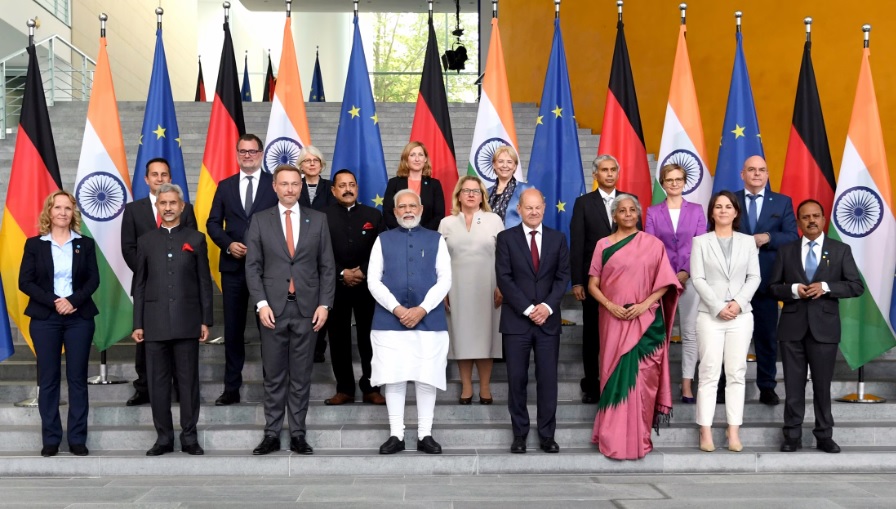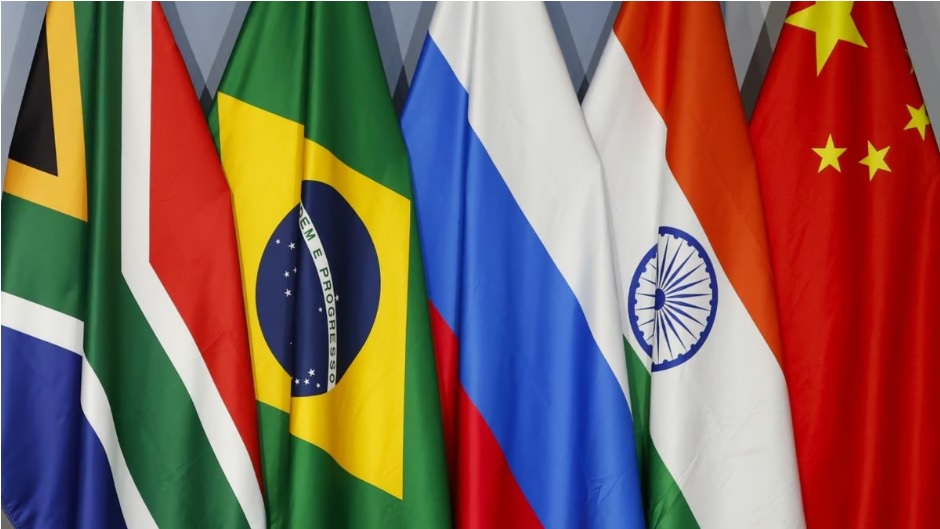159 Countries Set to Adopt BRICS New Payment System
Amid the alliance’s continued efforts to create a SWIFT alternative, the economic alliance has sought to create its very own BRICS payment system. It will play a major role in the alliance trade dealings. Specifically, allowing unilateral settlement to be done without the need for the US dollar.
The move is poised to be vital for the bloc and participating nations, and it appears there will be a lot of them. According to one Russian official, there are already 159 countries seeking to adopt the system currently. With a potential launch coming in October, it could have massive global market ramifications.

Also Read: BRICS: Chinese Yuan Can’t Replace US Dollar as Global Reserve Currency
Countries Flock to BRICS Payment System as SWIFT Opposition Emerges
The past several years have seen the BRICS alliance committed to enhanced de-dollarization efforts. With the impact of Western sanctions on Russia, the move is a clear promotion of local currency and alternative settlement methods. Although many have been skeptical, there is no denying its popularity to this point.
According to Russia’s Central Bank Governor, Elvira Nabiullina, 159 countries are ready to adopt the BRICS payment system when it goes live. Indeed, these foreign participants are looking to explore an expansion to Russia’s System for Transmitting Financial Messages (SPFS) platform.
Nabiullina said the system “is an alternative to SWIFT.” Moreover, she added, “Similar infrastructure exists in some other countries. We are holding discussions on the interaction of such platforms, but here the interest and technical readiness of our partners are important.”

Also Read: BRICS: New Nation Seeks to Join Alliance, Adopt De-Dollarization Plan
The payment system has become increasingly important for the alliance. The mechanism is a priority of the upcoming BRICS 2024 Summit, according to the head of Russia’s BRICS Presidency Council, Viktoria Panova.
“Active efforts are underway to create a financial payment mechanism that would make cooperation between BRICS countries easier, maintaining their sovereign trade and economic exchanges,” she said. “This issue tops the agenda because every member of the group sees it as important,” she added.
The system’s debut should come with immediate activity. Additionally, it could open the door to expanded trade dealings for the alliance. With a plethora of nations seeking membership, they could opt to embrace the system when it launches. At this point, there is a chance it is ready for October’s critical summit.
